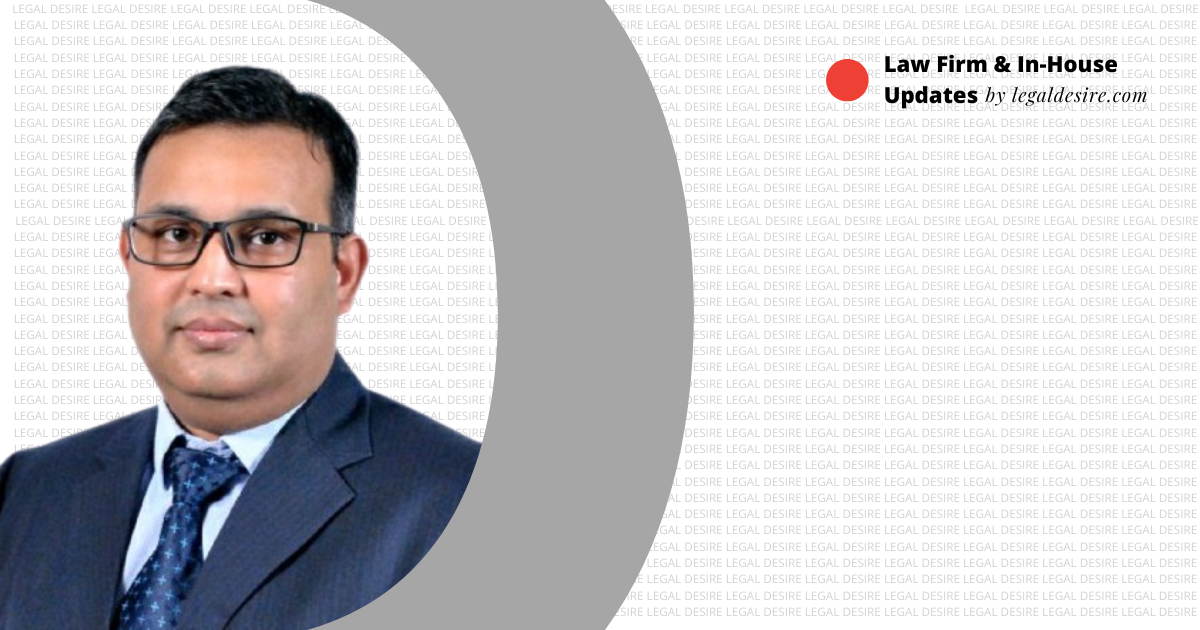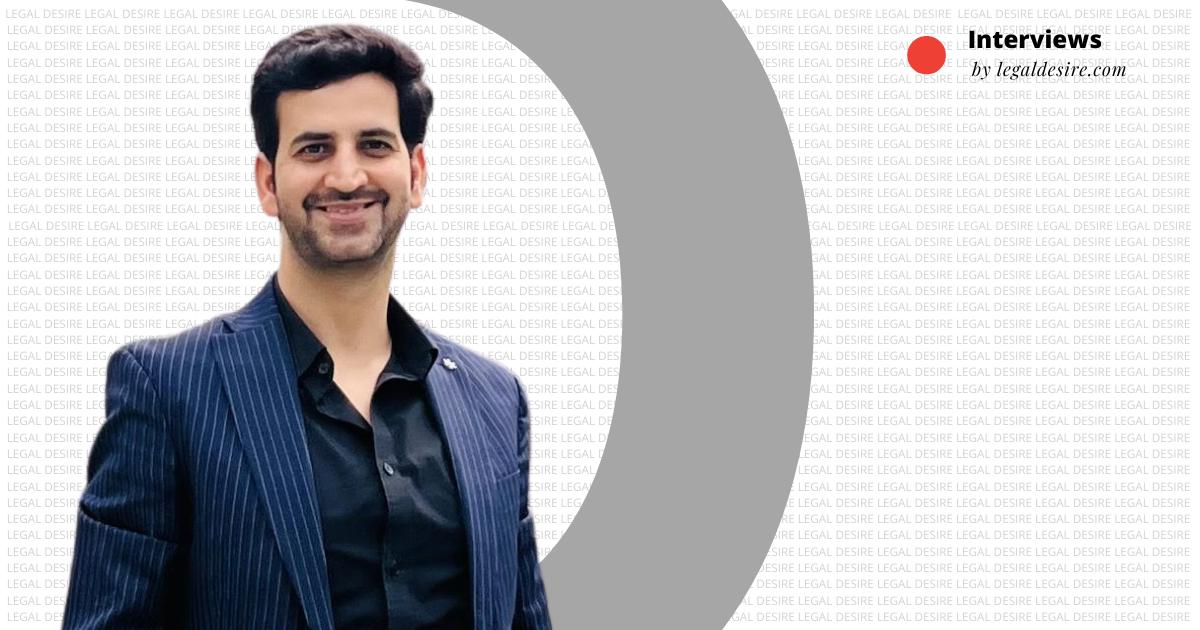Now Reading: Fighting the Bias: Strategies From Legaltech Female Leaders
-
01
Fighting the Bias: Strategies From Legaltech Female Leaders

Fighting the Bias: Strategies From Legaltech Female Leaders
During the Women’s History Month celebration, we recognize women’s incredible contributions to society. Despite progress towards greater gender equality, women remain severely underrepresented in the legal tech sector at leadership levels.
According to a 2019 Bloomberg Law analysis, female founders accounted for only 9.5% of 769 companies identified as “legaltech”, highlighting an unfortunate disparity that creates significant challenges and impediments for many ambitious professional women today.
But there are influential female change-makers who have been shining a light on its potential since day one. To promote remarkable personalities of women in legaltech, Lawrina shares their stories — inspiring more women everywhere to continue pushing forward!
Please, meet our eleven heroines:
- Sarah Glassmeyer, Legal Tech Curator at Reynen Court Inc., and Senior Solution Analyst at LegalTechnology Hub;
- Eda Rosa, Founder of Eda Rosa LLC and Let’s Talk Paralegal;
- Sharan Kaur, experienced Corporate M&A lawyer, General Counsel, and Management Consultant, founder of Core Management Solutions;
- Trisha Wright, experienced Legal Operations Professional and Litigation Research Coordinator at DecisionQuest;
- Jennifer Marsh, Senior Product Manager, Data Extraction and Analytics Lead, and founder of Being Legalytical;
- Cara C. Walker, Legaltech and CML (contract management lifecycle) Consultant;
- Kassi Burns, eDiscoverist and Senior Attorney at King&Spalding;
- Meghan O’Malley, entrepreneur, lawyer, mediator, and founder and CEO of Legalfide;
- Catherine Casey, Chief Growth Officer at Reveal Brainspace;
- Emily Amara Gordon, Owner and Principal Immigration Attorney at Amara Law, LLC, and legaltech speaker; and
- Melissa “Rogo” Rogozinski, former litigation paralegal, legal technology sales executive, guest speaker, CLE presenter, trainer, entrepreneur, and a 2016 ACEDS eDiscovery Person of the Year Nominee.
We are inspired by the trailblazing female leaders who are creating a legacy in the legaltech field in front of our eyes. They must be listened to and heard to empower others to drive innovation, pursue equity and cultivate exemplary stewardship standards to shape a non-biases future for this industry.
So, what are their insights into dissipating biases in legaltech?
Insight 1: Empower your strength and unique experiences
Put your talents to work! Taking the time to analyze what qualities you bring to the table, then making a plan for how they might be applied more broadly is guaranteed to help unleash even greater potential.
As Cara C. Walker said, “Legaltech is a very unique space that takes sharp individuals to not only understand both the detail and complexity of the products as well as the detail and complexity of the customer and the customer’s work,” so you can look closer into cross-functional responsibilities and try yourself from a variety of perspectives. Cara believes that “women often have a focus and ability to put themselves in the customers’ shoes on a very deep level which then helps to communicate how Legaltech can truly be transformative to their every-day work.”
It also could be greatly reinforced by your inherent abilities, as emphasized by Trisha Wright. She says, “Women’s strengths often lay in our emotional intelligence (EQ). This can position women for great opportunities in the seams between legal and tech and accounting and sales to leverage natural talents.”
And we couldn’t agree more! Leveraging your areas of strength can open up new opportunities in both job searching and life.
Insight 2: Never stop learning
Unveiling your individual strengths and weaknesses is hard, but what’s even harder — is to fight with illusional ones rooted in unconscious biases.
Jennifer Marsh shares that it was difficult “to be recognized as a technologist or leader in the space, despite having strong experience and constantly upskilling my little heart out.” Therefore, she recommends upskilling and keeping up with industry trends to combat such challenges — “I personally subscribe to Codecademy and am constantly taking online classes in data, product management, and process management.”
Especially rewarding could be spending more effort to improve your leadership and entrepreneurial skills. As Sarah Glassmeyer puts it, “Entrepreneurship is a hard row to hoe, but I think there’s a ton of women in law firms and other legal institutions around the world who have great ideas for products or services, but just need some guidance on how to make them a reality.”
So, together with Sarah, we would love to see “more institutes or boot camps or something that provide some guidance for women to start their own legal tech companies” and more inspiring women in leadership positions!
Insight 3: Don’t be so hard on yourself
Learning is tough and can be incredibly frustrating when unable to achieve something in set terms. In these cases, women tend to question their worth as professionals.
Catherine Casey also evidences such practices of being self-critical and prone to imposter syndrome. “This is magnified because we exist in an industry that does not really have a single path or educational mechanism. Many of us came from backgrounds that were outside of legal, tech, or both, and bridging the knowledge gap while battling imposter syndrome was a challenge,” Cat said.
Kassi Burns even told us she experienced this challenge personally: “I talked myself out of doing things because I thought I didn’t know something well enough.”
“I did that to myself as well,” said Emily Amara Gordon, uncovering her experience of frequently finding herself “struggling with over apologizing, remembering that no is a complete sentence, and managing expectations.”
This approach could be rooted not only in our environment but actually in ourselves. Being consciously and unconsciously hindered by gender norms and societal expectations sometimes makes it hard to single out our genuine confidence. Therefore, we just leave a small tip from Melissa Rogozinski: “Just make a choice to believe in yourself.”
Insight 4: Find a mentor, Be a mentor, and Look after each other
After cultivating your “inner advocate,” looking around you is crucial. How many women are struggling with the same issues and, apparently, haven’t reached this article? As Kassi Burns puts it, we need to “look outside of your immediate circle of contacts and see what new voices should be brought into the circle, as diligently adding new voices to the mix helps minimize the effects of an echo chamber.”
We have a rather perfect piece of advice from Emily Amara Gordon (aka her life motto): “Support other women. Be an ally. Allies come in all shapes, sizes, and genders. When someone is having a bad day or wants to give up, help them carry their invisible backpack while navigating this incredibly rewarding but often exhausting journey.”
Cat Casey believes that with the power of support, we are even able to help gain confidence and defeat imposter syndrome by “lifting up those women around us that may not realize how amazing they are yet.” She said that legaltech is like the wild west, where everyone is an imposter, “so why should any of us let that hold us back?”
So, when you feel overwhelmed, look to experienced warriors for counsel — those who understand the battles that you are facing. Reach out in conversation, hear their stories with an open heart, and gain invaluable insight from them on how to proceed through any difficulty or uncertainty ahead of you.
Trisha Wright shared that the legaltech community is incredibly supportive, so just “send that connection request, get that Zoom call, and make it happen.”
As the efforts toward gender equity initiatives become more prevalent, legaltech professionals must join the movement. Lawrina provides lawyers, attorneys, and cross-disciplinary specialists with the tools needed to drive more diversity of perspective, experience, and background. Through the Lawrina Community, legal professionals can network, build like-minded circles, and be a part of changing the experience of law.
Insight 5: Amplify your voice in social media!
When you are no longer afraid to use your own voice, you can begin to use it loudly – not only to demonstrate your own expertise and knowledge but also to speak for others.
Jennifer Marsh encourages everyone to use their voices on social media to share their thoughts: “fewer people can root for you if they don’t know you’re out there!”
Catherine Casey believes that being visible is actually the best way to mitigate biases, as “the more powerful female voices are leading legaltech, the harder it is to discount someone based on their gender.”
Trisha Wright is even more straightforward about this one, but also particularly true — “The worst that will ever happen is that you get ghosted.”
So just do it, don’t be afraid, speak up, and fight the biases along the way! Sharan Kaur shared with us her personal experience that once more proves the necessity of boosting your online presence: “I have had to curate a personal brand to make myself more visible, and my opinions heard. My presence on LinkedIn has provided a valuable platform to reach a far greater audience who value my opinion.”
Insight 6: Spread the awareness
As awareness and education are essential for progress, the US women’s rights movement exemplifies how powerful an idea can be if nurtured into action. And we should start from the very beginning.
As Meghan O’Malley puts it, “If we focus on “encouraging women to enter legaltech,” we have already lost. We need to start by teaching our little girls to be leaders,” — if they don’t like something, we need to empower them to change it; if something is exclusionary or unfair, we must tell them they can build something better. Instead of telling them to look pretty, be quiet, or take up less space, we should encourage them to shout, challenge, question, fight, and disrupt.
The next step would be to unleash the limitless opportunities for college students and show them that legaltech is a career path “that’s especially important for underfunded communities,” Eda Rosa said.
With more education on this topic, awareness can increase as young female legal professionals explore alternate career options available to them. It’s essential to foster a supportive atmosphere during the learning process and when transitioning into professional life. Kassi Burns utilizes us with great advice: “Be a proactive mentor. Be willing to have entry-level positions that provide a channel for new entrants into legaltech.”
What is next?
Celebrating their advancements in the legal technology field, we spoke with these eleven inspiring women to uncover pioneering insights on promoting equality and overcoming outdated biases.
Their stories are invaluable reminders that any individual can challenge norms and create meaningful change. As Meghan O’Malley said, “We need to acknowledge that we all have biases. Own it, internalize it, then create an actionable and measurable plan to change it. Hire the right people, deploy the appropriate resources, work at it, fail, and work at it more. Make mistakes, apologize, correct them, and keep it moving. We need organizations with the will to make the change, the understanding that it is an ongoing pursuit, and the appropriate allocation of resources to succeed.”
So with this list of insights from legaltech women leaders, we have all the odds to change it and pave a path to greater equality and opportunity for everyone involved.
Author:
Veronika Pshenychnykova is PR Manager at Lawrina.
Veronika has an international law degree and hands-on experience in the legal sphere with the EU and US markets. At Lawrina, Veronika builds ties with bloggers and external sources to spread the word about Lawrina’s projects and ideas.











